What are the credentials/signals people should look for when buying sustainable packaging in Australia?
As consumers become more aware of their impact on the environment, sustainable packaging is becoming increasingly popular. But with so many options available, it can be difficult to know which products are truly sustainable. In this blog post, we'll look at the credentials and signals you should look for when buying sustainable packaging in Australia.
Compostability Certification
One of the most important credentials to look for when buying sustainable packaging is a compostability certification. Compostable packaging is designed to break down into natural materials in a composting environment, leaving no harmful residue behind. Look for products that are certified compostable by recognised organizations such as the Australasian Bioplastics Association (ABA).
Recyclability
Recyclable packaging is another important factor to consider when choosing sustainable packaging. Look for products that are made from materials that are widely accepted in recycling programs, such as cardboard, paper, and some types of plastic. Additionally, look for packaging that is labeled with the recycling symbol and a number that indicates the type of plastic, as this will help you determine if it is recyclable in your area.
Made from Renewable Materials
Sustainable packaging should be made from renewable materials, such as plant-based materials or recycled materials. Look for products that are made from materials that are responsibly sourced, such as paper that is certified by the Forest Stewardship Council (FSC) or packaging made from plant-based materials like wheat straw, corn or sugarcane.
Minimal Environmental Impact
Another factor to consider when choosing sustainable packaging is the overall environmental impact of the product. This includes the energy and water required to produce the packaging, as well as the emissions released during production and transportation. Look for products that are produced with minimal environmental impact and are designed to minimise waste throughout their lifecycle.
Transparent Supply Chain
Finally, it's important to choose products that have a transparent supply chain. This means that the manufacturer can trace the materials used in the product back to their source, ensuring that they were responsibly sourced and produced. Look for companies that are transparent about their supply chain and have a commitment to sustainability.
At COPAR, we prioritise sustainability in all aspects of our business, from sourcing materials to producing our packaging. Our products will be made from locally sourced wheat straw, a renewable resource that reduces the environmental impact of traditional packaging materials. Additionally, our wheat straw packaging will be certified compostable, ensuring a transparent and circular supply chain. Our compostable food packaging can be safely disposed without harming the environment.
In conclusion, when looking for sustainable packaging in Australia, it's important to consider a range of factors, including compostability certification, recyclability, renewable materials, minimal environmental impact, and a transparent supply chain. By choosing products that meet these criteria, we can all make a positive impact on the environment and work towards a more sustainable future.
